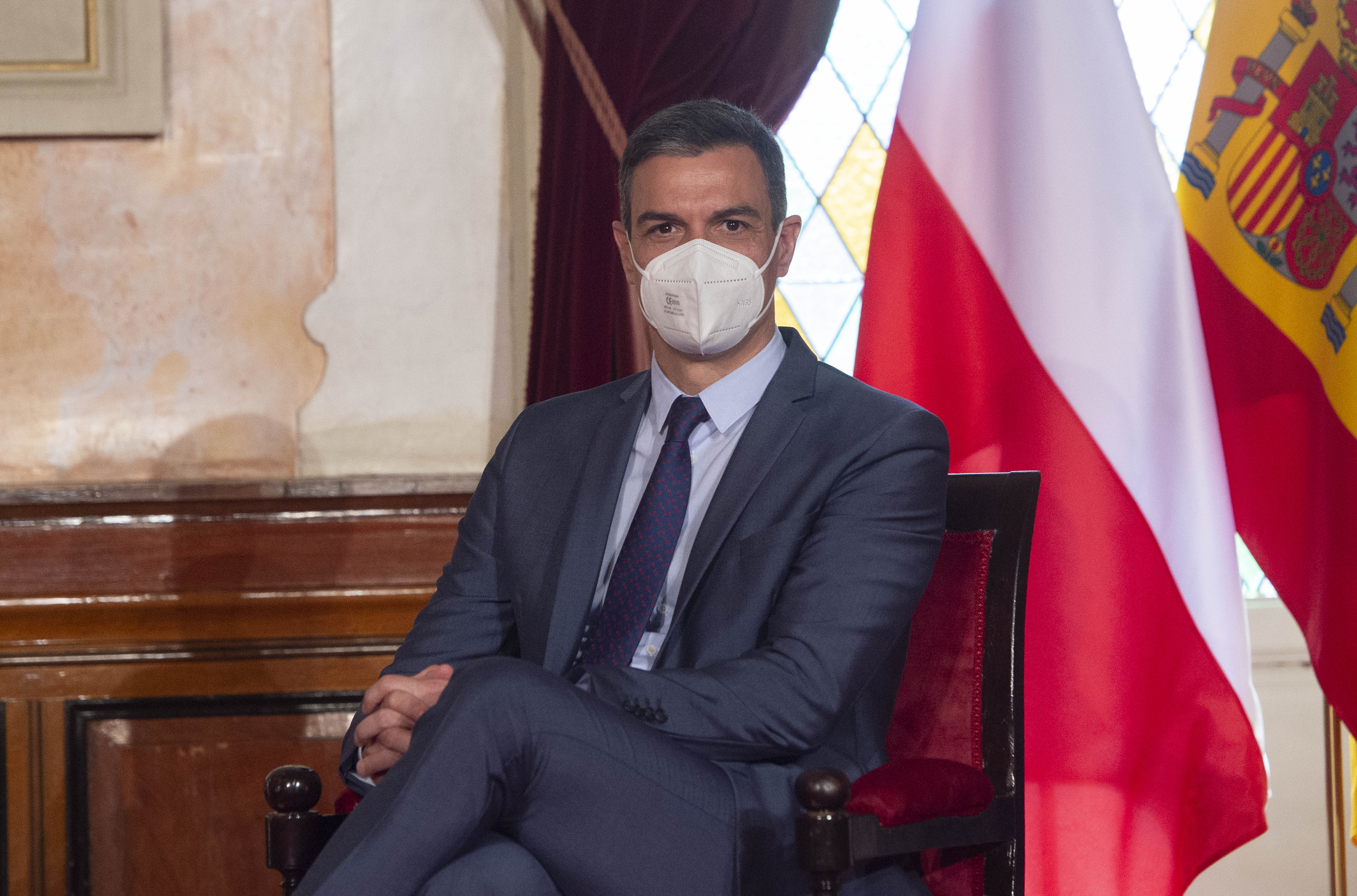The Spanish government considers that the Council of Europe report urging Spain to "consider pardoning or otherwise releasing" the pro-independence political prisoners, "endorses Spain's action" on this issue despite "starting from an erroneous understanding" that merits a "general reproach from the Spanish government".
The Committee on Legal Affairs of the Parliamentary Assembly of the Council of Europe approved a draft resolution on Thursday urging Spain to "pardon or otherwise release from prison the Catalan politicians convicted for their role" in the referendum of October 1st, 2017. It also made other forceful recommendations, ranging from calling for the dropping of referendum charges against lesser officials to an end to putting "pressure on the imprisoned politicians to disown their deeply held political opinions".
"A prejudice"
According to a statement published by the Spanish foreign ministry, the resolution is based on a "prejudice" that "contaminates the entire text": that the leaders of the process were tried for "expressing their ideas in the performance of their duties". The Spanish ministry infers that this “error” undermines the entire document and is reflected in the resolution and its recommendations.
Despite these reproaches, the Spanish executive considers that the draft conclusions "support the action taken by Spain and recognize that the pro-independence politicians acted outside the Constitution and legality."
For the Spanish ministry, the report's rapporteur, Boriss Cilevičs, acknowledges that the action of the pro-independence leaders was "unconstitutional and illegal" and challenged the express mandates of the Constitutional Court.
In addition, according to the Pedro Sánchez government, the rapporteur admits that the reaction of the Spanish justice system in defence of the violated legality took place within the parameters of a rule of law and that "Spain is a living democracy, with a culture of free and open public debate, and that the mere expression of pro-independence views is not a ground for criminal prosecution".
The Spanish courts
In the same vein, adds the ministry, point 8.8 of the resolution "finally respects the independence of the Spanish tribunals to solve pending appeals, respecting as well the right to appeal to the European Court of Human Rights in due course".
However, after criticising the report's "errors" while also acknowledging its recognition of the merits of Spanish democracy, the foreign ministry's statement ends by noting that the Committee considers that the sentences imposed for the pro-independence leaders "are very high" and that it recommends the pardoning of prisoners and the abandonment of extraditions. The communiqué concludes by asserting that the report "suggests" that, regardless of the illegality of the acts committed, "the situation is of a political nature and will not be resolved by the Penal Code, but through political negotiation, within respect for the constitutional order of Spain."
Main photo: Spanish prime minister Pedro Sánchez / Europa Press

